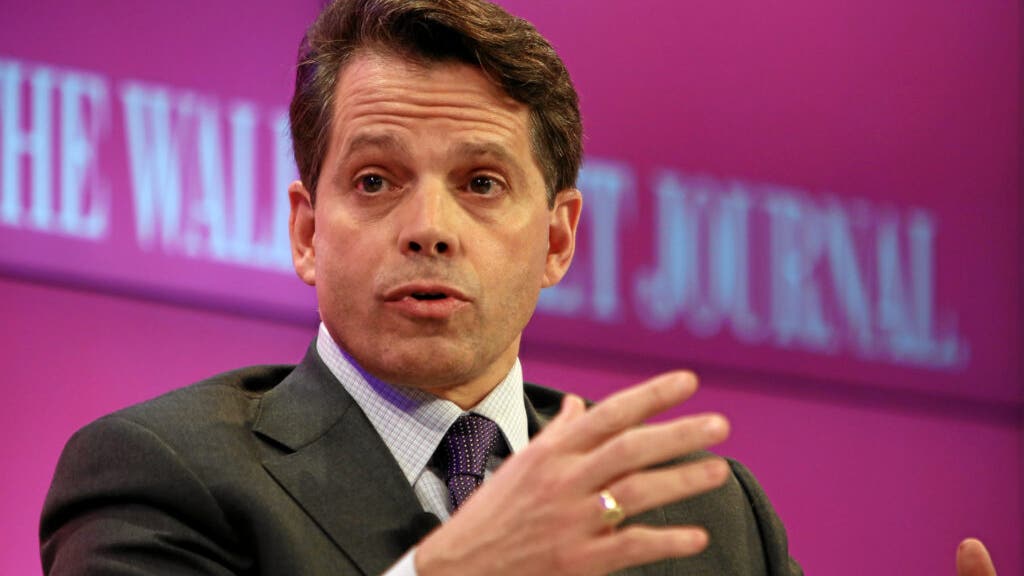Anthony Scaramucci, the founder of SkyBridge Capital and a well-known voice in financial circles, has a bold perspective on the US debt landscape and Bitcoin’s potential trajectory.
As the country heads towards a crucial election on November 5, discussions on debt sustainability and economic strategies have intensified. The US budget deficit for the fiscal year ending September 30 rose 8% to $1.833 trillion – ranking third in fiscal year history.
Don’t miss:
This has fueled fears of tech defaults and a new debt ceiling impasse. Despite these ominous signs, Scaramucci exudes confidence in America’s ability to sidestep a full-blown debt crisis by following a somewhat unconventional path: letting inflation rise slowly but surely.
“There are a lot of people who think the US is about to get into this huge debt crisis. And I believe we are going to solve that and prevent that from happening,” Scaramucci told Reuters Global. Markets forum.
This confidence in the US economy is in stark contrast to the caution of many market players who worry that escalating debt burdens could lead to another credit rating downgrade. The strategy he proposes may not be without costs; savers and lower- to middle-income households could feel the pinch as inflation erodes the value of money.
Trending: Deloitte’s Fastest Growing Software Company Partners with Amazon, Walmart & Target – You can still get 4,000 of the pre-IPO shares for just $1,000
However, Scaramucci suggests that this controlled rise in inflation may be the lesser of two evils needed to stabilize economic fundamentals.
On the battlefield of economic blueprints, Scaramucci offers a preference that might surprise some. He prefers Vice President Kamala Harris’ economic agenda to former President Donald Trump’s. “I like Harris’ plan better. My Wall Street contemporaries don’t,” Scaramucci noted, alluding to the Street’s tilt toward Trump’s policies, which are seen as more pro-business and less stringent on regulations. For this reason, Wall Street’s bets are on Trump, expecting gains associated with deregulation and a market-friendly stance.






